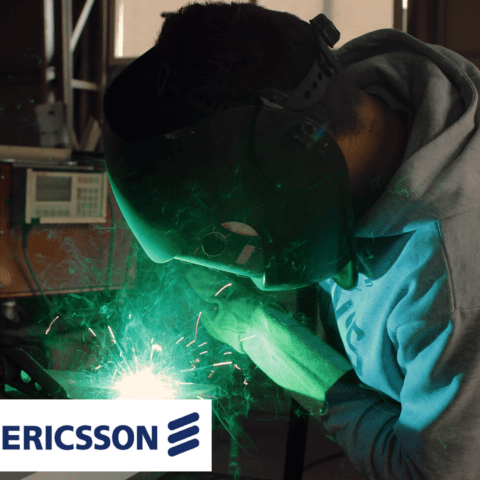Development of the Competency Model and Development Program for Public Service Middle Managers of the Ministry of Finance
Client Need
The goal was to enhance the achievement of strategic objectives of authorities, improve the administrative capacity and management capacity of middle managers in public service through the development of the competency model and development program for middle managers.
Our Solution
We conducted a study among 500 public service middle managers in order to identify their key challenges, common management activities, etc. Together with the customer’s expert group, we developed descriptions of core competencies and sub-competencies of a competency model and an assessment scale for public service middle managers. The model is different from many others because it was created as a so-called open model, i.e. the institution is able to supplement this universal model with their organization-specific competencies, which increases the operational value of the model. The model was tested by 100 managers and it was implemented as a pilot in one institution. In order to create a development program for Estonian public service middle managers, we conducted a survey among four foreign public service middle managers. To introduce the new competency model and development program created as part of the project, we moderated a dialogue forum for managers.
Results
- High satisfaction level from testing the competency model
- High readiness among managers to take the competency model into use
- Great interest among managers to participate in the development program
Feedback
“Today, the competency model has become a daily tool for development.”







